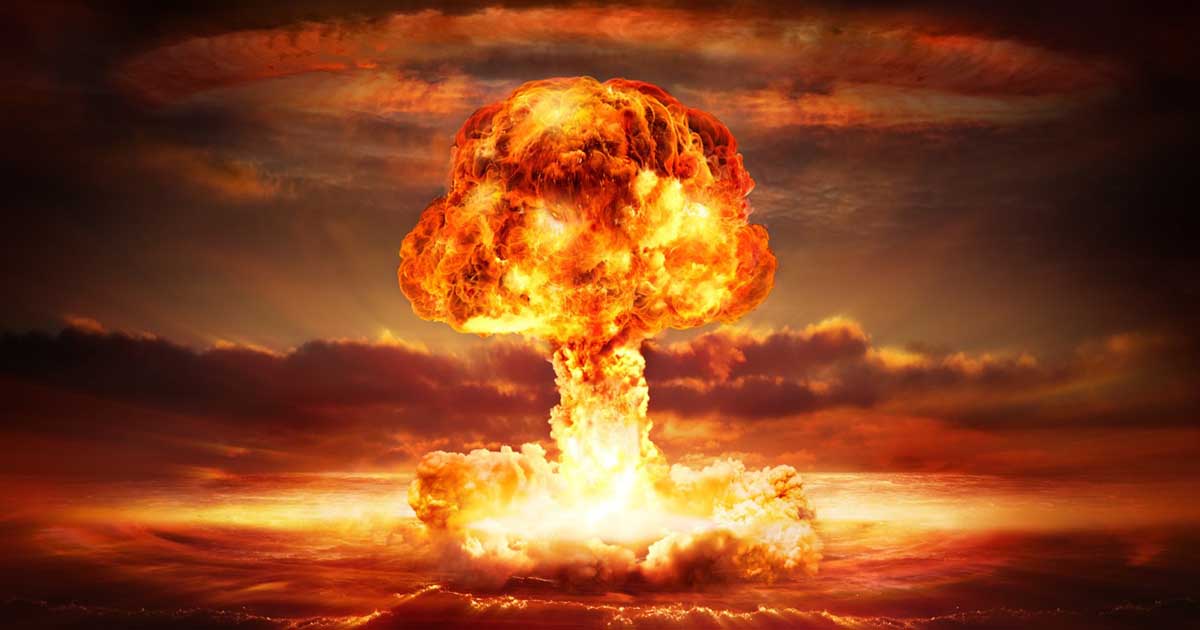“India may be compelled to test again, and when it does, it is in U.S. interest to avoid penalizing it,” stated Ashley Tellis at the Idea Exchange, a forum organized by the Indian Express. Ashley Tellis is an American analyst of Indian origin and is presently the Tata Chair for Strategic Affairs and a senior fellow at the Carnegie Endowment for International Peace. This statement of Ashley Tellis is significant in line with a series of events that clearly point towards India’s plans to conduct further nuclear tests basically to prove their thermonuclear weapons designs. This will be a blatant infringement of the norms against nuclear testing established by the yet-to-enter-into-force CTBT.
Subsequently, on October 28, 2022, in the First Committee of the United Nations General Assembly which deals with issues related to international security, non-proliferation, disarmament and arms control, India voted against the observance of the Comprehensive Nuclear-Test-Ban Treaty (CTBT), despite 150 votes in favor. India voted against the CTBT both at the CD and in the UNGA in 1996 and refused to give any assurance to the US at the time of finalization of the India-US nuclear deal.
Read more: India-Pakistan Relations in the Cyber World
Pakistan’s proposal for a bilateral nuclear testing moratorium
All these are indicative of the fact that India wants to keep its option to resume nuclear testing open especially in view of the failure of its thermonuclear device in 1998. It appears that justification is being created first through Ashley Tellis’ recent book followed by the Indian Express forum for India to venture on this dangerous path once again.
India has always taken advantage of international trends and is now poised to take advantage of the US obsession with China. According to a report published in The Washington Post, the Trump administration was taking into consideration the resumption of nuclear testing and withdrawal from the CTBT in a meeting with the senior officials of the U.S. national security agencies held on October 15, 2020. The rationale for this was based on the reports of low-yield nuclear tests being conducted by China and Russia; however, it was not followed through due to the likely adverse consequences for the non-proliferation regime.
Tellis’ comments and India’s vote against CTBT seem to be an effort to test the waters. Although the 1994 Proliferation Prevention Act requires mandatory sanctions against any non-nuclear weapon state [As per NPT India is not a de jure nuclear weapon state] that carries out a nuclear detonation it is unlikely that such sanctions would be long-lasting if at all imposed, given the waiver authority of the US President and the bipartisan support for India in the US Congress as has been seen in case of Countering America’s Adversaries Through Sanctions Act (CAATSA) when India purchased S-400 from Russia.
India’s economic potential and the presence of large numbers of Indian Americans in American think tanks and in the current administration have created a conducive environment for tolerance of any transgression by India. Therefore, the case is being built by an influential expert like Ashley Tellis in his report/book entitled ‘Striking Asymmetries: Nuclear Transitions in Southern Asia arguing that if India is to act as an effective strategic counterweight to China it has to re-test and prove its thermonuclear weapons capability.
Read more: Can India occupy AJK and GB?
However, what Tellis is not highlighting is the fact that should India embark upon another round of nuclear testing, it will deal a fatal blow to the non-proliferation regime and trigger a new round of nuclear testing not only in the region but globally as well. Should the US administration take the bait it will lose all moral authority to condemn the violation of international norms against nuclear testing by countries like the Democratic People’s Republic of Korea and would also be a party to causing irreversible damage to the existing nuclear order and global strategic stability.
The writer is associated with the Strategic Vision Institute (SVI), a non-partisan think-tank based out of Islamabad, Pakistan. The views expressed in this article are the author’s own and do not necessarily reflect the editorial policy of Global Village Space.














